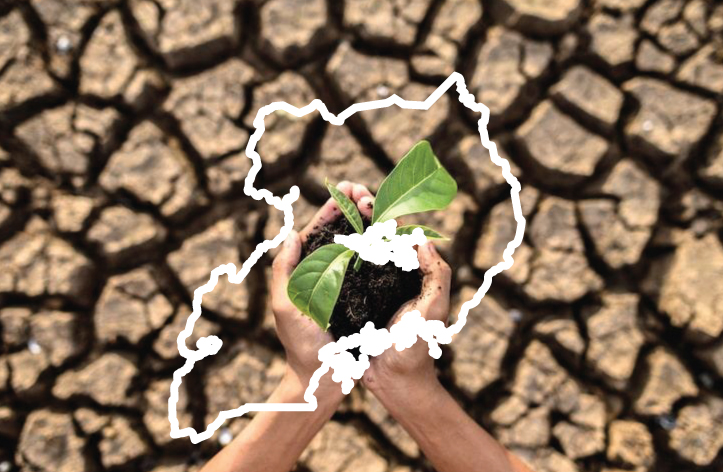As the global call to phase out fossil fuels intensifies, Uganda finds itself at a crossroad. A place where climate ambition meets economic necessity. The concept of a Just Transition is one that resonates deeply within international climate policy circles, calling for a shift to renewable energy that is equitable, inclusive, and fair. But what does it mean in practice, especially for countries like Uganda, which are still grappling with energy poverty and underdevelopment?
The dominant narrative around the Just Transition largely assumes that all countries are simply shifting from fossil fuels to renewables. But in Africa, and particularly Uganda, the transition is not from “dirty” to “clean” energy — it’s often from no energy to energy. With over 600 million Africans still lacking access to electricity, this is not just an environmental issue; it’s a human rights one.
Uganda’s case presents a compelling paradox. On one hand, we are committed to achieving Net Zero by 2065. On the other, we are actively developing our oil and gas sector, particularly through projects like Tilenga, Kingfisher, and the East African Crude Oil Pipeline (EACOP). These projects are expected to deliver approximately 230,000 barrels of oil per day, significantly boosting Uganda’s GDP and meeting rising energy demands — demands that renewables alone currently cannot satisfy.
To some observers, this seems contradictory. How can a country push for clean energy while building oil pipelines? The answer lies in context. With only about 60% of Ugandans currently having access to any form of electricity, whether clean or unclean, development isn’t optional it’s urgent. Uganda’s approach, therefore, is not about abandoning fossil fuels altogether, but about using them strategically and sustainably to support a broader clean energy transition. The Country has therefore embraced a dual energy path to achieve this.
This dual energy path expanding fossil fuel infrastructure while scaling up investments in hydropower, solar, and geothermal has attracted international scrutiny. But the Ugandan government has made it clear that our approach is grounded in sustainability and equity. The oil and gas sector is being developed alongside strong commitments to environmental protection: no flaring policies, cleaner fuel standards, electrification of operations through renewable energy, and adherence to stringent environmental regulations.
Moreover, the oil and gas sector is expected to play a crucial role in addressing Uganda’s domestic energy needs, including the production of LPG, which will serve as an affordable alternative to charcoal and firewood, reducing deforestation and indoor air pollution. Uganda also envisions using hydropower to heat its pipeline; – a rare move globally showcasing its commitment to low-carbon industrialisation. These decisions are part of a Low Carbon Development Strategy, not a departure from it.
At the 10th Energy Convention Uganda, the Minister of Energy underscored this perspective, stating that the Global South cannot be held to the same standards as the Global North especially when the North has already reaped the benefits of its own fossil-fuel-driven growth. She invoked the principle of “First In, First Out,” arguing that those who polluted first should be the first to phase out emissions. It’s a moving reminder that climate equity must recognise historical injustices and give the Global South space to develop.
In truth, Uganda’s path reflects a deep understanding of its current energy realities. While renewables are our future, they alone cannot yet meet the country’s urgent and growing demand for power. Oil and gas, when developed responsibly, can help bridge that gap providing the economic fuel needed to power a sustainable future. The transition must be just not only in principle, but in practice. For Uganda, this means finding a careful balance between growth and green goals, harnessing its resources while investing in long-term sustainability. A balance between climate ambition and development needs.
This is not a contradiction. It’s the African version of climate justice — one that refuses to choose between survival and sustainability.


